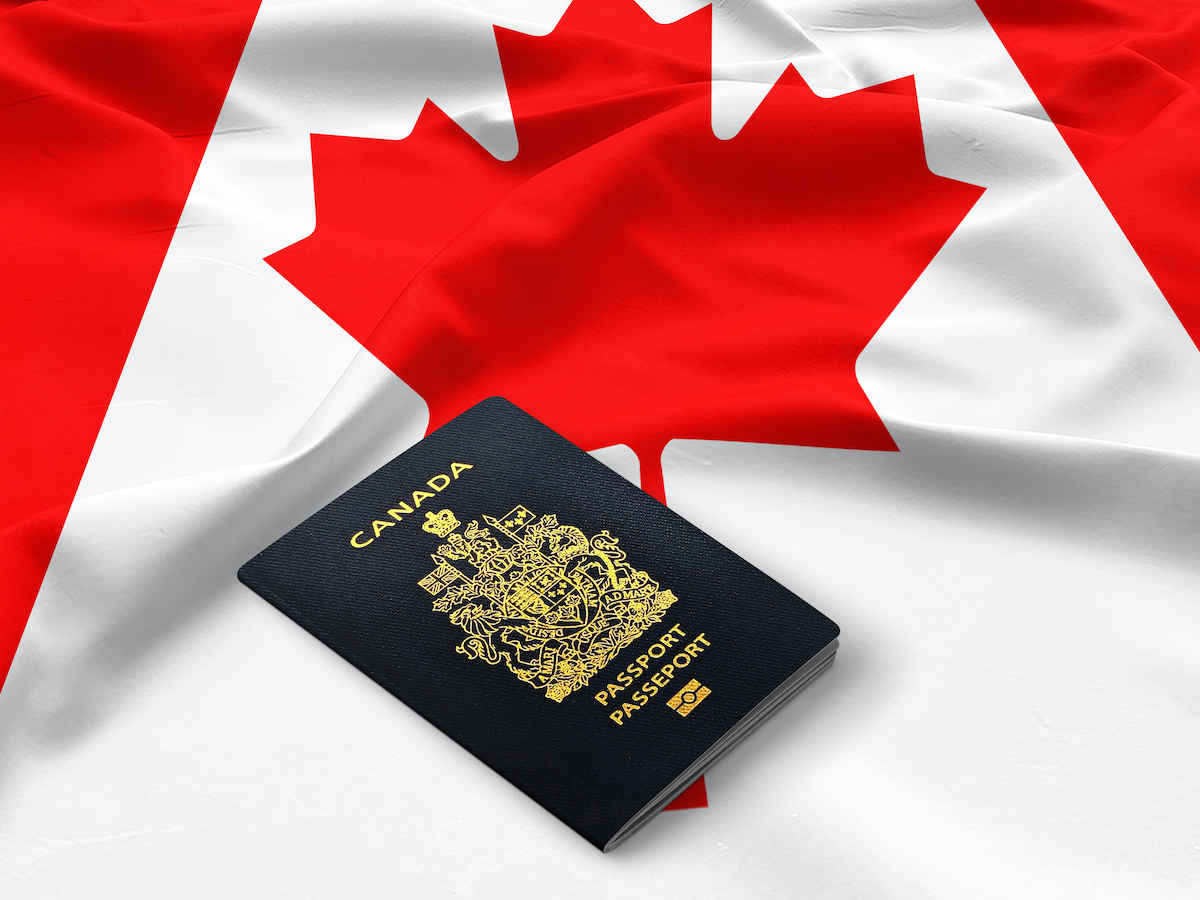
Immigrating to Canada
Immigrating to Canada is a multifaceted process that involves several pathways, each tailored to different types of applicants and the primary routes include economic immigration programs, family sponsorship, and humanitarian options.
Immigrating to Canada is a multifaceted process that involves several pathways, each tailored to different types of applicants. The primary routes include economic immigration programs, family sponsorship, and humanitarian options.
Economic Immigration Programs
- Express Entry: The Express Entry system is designed for skilled workers who want to settle in Canada permanently and contribute to the economy. It manages applications for three main economic immigration programs: the Federal Skilled Worker Program, the Federal Skilled Trades Program, and the Canadian Experience Class. Applicants create an online profile and those with the highest rankings are invited to apply for permanent residence.
- Provincial Nominee Program (PNP): The PNP allows provinces and territories to nominate individuals who wish to immigrate to Canada and settle in a particular province. Each province and territory has its own stream and criteria, often aimed at filling specific labor market needs.
- Quebec-selected Skilled Workers: Quebec has its own immigration program for skilled workers, which is managed separately from the federal system. Applicants must first apply to the Government of Quebec for a Certificat de sélection du Québec (CSQ), and then apply to Immigration, Refugees and Citizenship Canada (IRCC) for permanent residence
- Economic Mobility Pathways Pilot: This pilot program facilitates the immigration of skilled refugees through existing economic programs. It is designed to help refugees with work experience move to Canada and contribute to the economy.
Family Sponsorship Programs
Canadian citizens and permanent residents can sponsor their spouses, common-law partners, dependent children, parents, and grandparents to become permanent residents of Canada. The sponsor must demonstrate the ability to financially support the sponsored family members.
- Spouse or Common-law Partner Sponsorship: Sponsors must be at least 18 years old, reside in Canada, and meet specific income requirements to ensure they can provide for the basic needs of their spouse or partner.
- Parent and Grandparent Sponsorship: This program allows Canadian citizens and permanent residents to bring their parents and grandparents to Canada. It operates on a lottery system due to high demand.
Humanitarian and Compassionate Grounds
Canada offers immigration pathways for individuals who require protection or have humanitarian needs. This includes refugees, asylum seekers, and other individuals who need protection from persecution, danger, or hardship. Refugees can apply for protection from within or outside Canada. Those outside Canada can apply through the Refugee and Humanitarian Resettlement Program, while those within Canada can apply for asylum.
Application Process and Requirements
The application process varies depending on the immigration program. Generally, it involves the following steps:
- Eligibility Check: Use tools like the “Come to Canada” tool to determine eligibility for different immigration programs or reach out to us at Koren Law Group.
- Create an Online Profile: For programs like Express Entry, applicants need to create an online profile and provide details about their skills, work experience, language ability, education, and other personal information.
- Submit an Application: Depending on the program, you may need to submit your application online or via a paper application. This includes providing supporting documents such as language test results, education assessments, job offers, police certificates, and proof of funds.
- Invitation to Apply (if applicable): For Express Entry, the highest-ranked candidates in the pool are invited to apply for permanent residence. Upon receiving an invitation, candidates have 60 days to submit their application.
- Processing and Approval: IRCC reviews applications, and processing times vary by program and applicant country. If approved, applicants receive a Confirmation of Permanent Residence (COPR) and can move to Canada.
For more information on migrating to Canada and assistance with navigating the immigration process, reach out to Koren Law Group.

